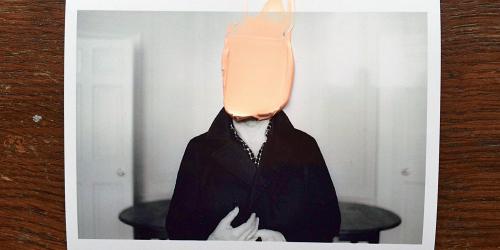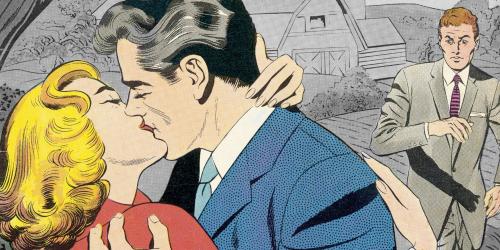A woman of experience and culture, Saïdeh Pakravan, a native Iranian, spent many years in the United States and France, returning only two or three times to Tehran since the mullahs ruled there. following the news of the country where she was born. It is in French that she wrote "Azadi", which Céline Thoulouze, editorial director of Belfond, published with enthusiasm, last January. A feeling immediately shared by MC , followed by other magazines, newspapers and blogs, and realized today by our Prize of the feminine novel 2015. The heroine of "Azadi" resists the sudden brutality police brutality on her, then to prison and rape, a young woman who never abdicates before the cowardice and folly of men.
MC: Hello, Saïdeh? We just voted, and we call you in the wake to tell you that you won ...
Saïdeh Pakravan: I am delighted, and the word is weak! I love France, and receiving this reward here is really a very great happiness. In the United States, which, like France, is also my country of adoption, I would also have been happy - but nothing comparable ... For reasons of culture and heart, a literary prize in France, for me the top !
After these years of exile, how to put yourself in the skin of this young woman so far from you?
After the rigged elections in 2009, the demonstrations and the pitiless repression that followed, I questioned refugees who fled the mullahs' regime, searched and cross-checked testimonies on the Internet, especially on YouTube. And suddenly, a young man began to talk to me, in a kind of vision. It was Hossein, the first person who intervened in the novel, the guardian of the revolution, who is not, however, a bastard. He was leaning over the unconscious body of a demonstrator, Raha, who also began to speak to me, and was going to become the heroine of this story. This is how I was able to write the first draft of this book in two months.
What about scenes of prison and rape?
I really felt that I had been there. They came to me from the story told to me by the characters - especially Raha - whom I never knew about what he was going to do. And, in part, some testimony that I have been able to gather.
How did you come to write?
I write since the age of 6, of everything and everything, in English and French. On history, on Iran and in the United States (where I was also "business writer" at IBM for a living), on film, with film critics.
Do you claim to be a feminist?
Yes, resolutely. In my environment, in Iran, as well as in my novel, women are lionesses that are not easily put under niqab or chador. They defend their freedom on a daily basis. They do all the trades and roll up their sleeves, while the men drop their arms ...


